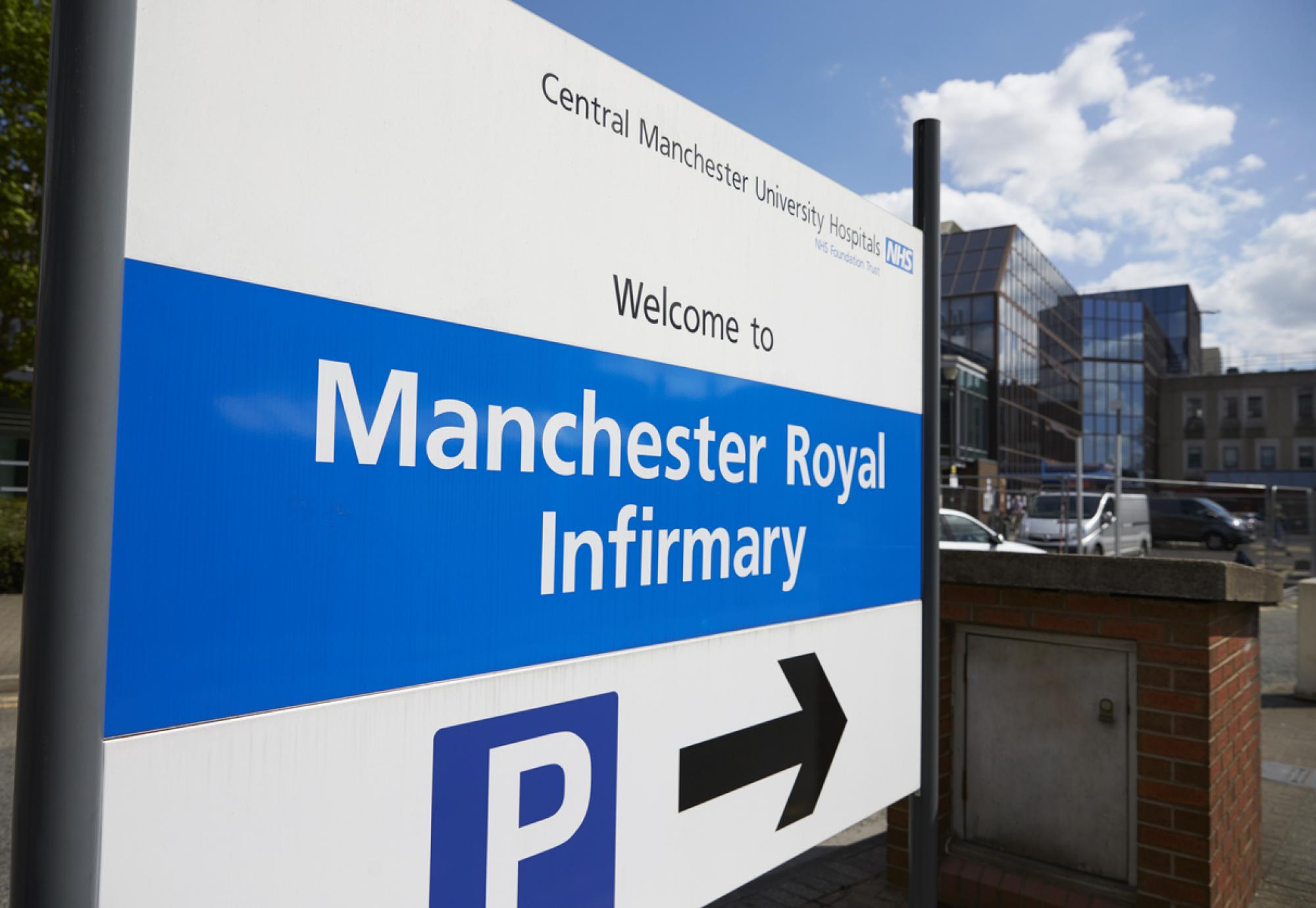An exciting new era of healthcare is nearly upon us as Clinical Commissioning Groups (CCG) and Trusts up and down the country prepare to disband and unite under the Integrated Care Partnership banner.
The changes are part of the new health and Care Act 2022 and aim to provide the public with more joined-up care and hopefully initialise, optimise, and realise the true extent of the NHS’ capabilities.
As part of this organisation, NHS Greater Manchester Integrated Care will also be born on the 1st of July, bringing together staff from all 10 Greater Manchester CCG, with the Greater Manchester Health and Social Care Partnership (GMHSCP), and the Greater Manchester Shared Services also joining the unification.
Sir Richard Leese, Chairperson of NHS Greater Manchester Integrated Care, said: “With our unique devolution arrangements, Greater Manchester became England’s first integrated care system in 2016.
“This was the start of our five-year strategic plan, ‘Taking Charge of our Health and Social Care’, making big improvements to health and care services here. So, a big thank you to outgoing GMHSCP chief officer, Sarah Price. It was instrumental in shaping the design of new national partnerships to support local health and care needs right across England.
“Although a great deal has been achieved in Greater Manchester from voluntary and collaborative working, the new Health and Care Act will help break down further structural barriers and organisational silos to better address the root causes of ill health such as debt, poverty, poor housing, and work.
“I’m confident these changes will help embed true joined-up working and ensure public engagement is front and centre when setting big plans.”
As Sir Richard Leese, mentions above GMHSCP became the first integrated care system in the whole of England back in 2016, and since then they’ve made a tangible difference in the area levelling out deep-seated health inequalities and levelling up the quality of care in Greater Manchester.
A national study is soon to be published detailing how life expectancy at 75 increased at double the national rate thereafter the establishment of GMHSCP – 3.7% for men and 1.8% for women.
It was also observed that:
- Fewer people were smoking – Smoking rates have continued to decline in Greater Manchester. Back in 2016 before the devolution, 18.4% of adults smoked in Greater Manchester – much more than in other parts of the country and in England as a whole, with the average being 15.5%. Also, since launching the Greater Manchester Making Smoking History strategy, adult smoking prevalence has dropped to 16%, which is equivalent to just 1 in 6 adults still smoking, meaning the region is on course to meet the Smokefree 2030 targets.
- Social prescribing: Social prescribing gives people non-medical treatments that improve their health and wellbeing. As a result of partnership working, social prescribing is now available in all 10 boroughs and there are 22 schemes in place.
- More people were active: People were more active before the pandemic in Greater Manchester, increasing at twice the rate of national levels.
- Care home quality was up: Greater Manchester has overseen a significant improvement in the quality of social care provided across its 10 boroughs. There are more than 555 care homes and 456 home care agencies in Greater Manchester. The proportion of care home beds in Greater Manchester rated good or outstanding by the Care Quality Commission has improved: rising from 47% in 2016 to 81% now.
- Pioneering in mental health – University Student Mental Health Service, which was a national first, supported the testing of new approaches to mental health and wellbeing in college settings which are now being shared nationally.
NHS Greater Manchester Integrated Care will operate in all the 10 areas of the region and will continue their good work and look to improve health outcomes and eliminate inequalities.
Appointments affecting staff hierarchy are as follows:
● Chief Executive Officer – Mark Fisher
● Designate Chair – Sir Richard Leese
● Statutory Non-Executives – Richard Paver and Shazad Sarwar
● Finance Director – Sam Simpson
● Chief Medical Director – Manisha Kumar
● Chief People Officer – Janet Wilkinson
● Chief Nurse – Mandy Philbin
● Chief Officer for Population Health and Inequalities – Sarah Price
● Chief Officer for Strategy and Innovation – Warren Heppolette
The first board meeting is scheduled to take place on the 1st of July between 14:30 and 17:00.
Stay tuned to National Health Executive for the best coverage of the official commencement of all the Integrated Care Partnerships across the country.



















